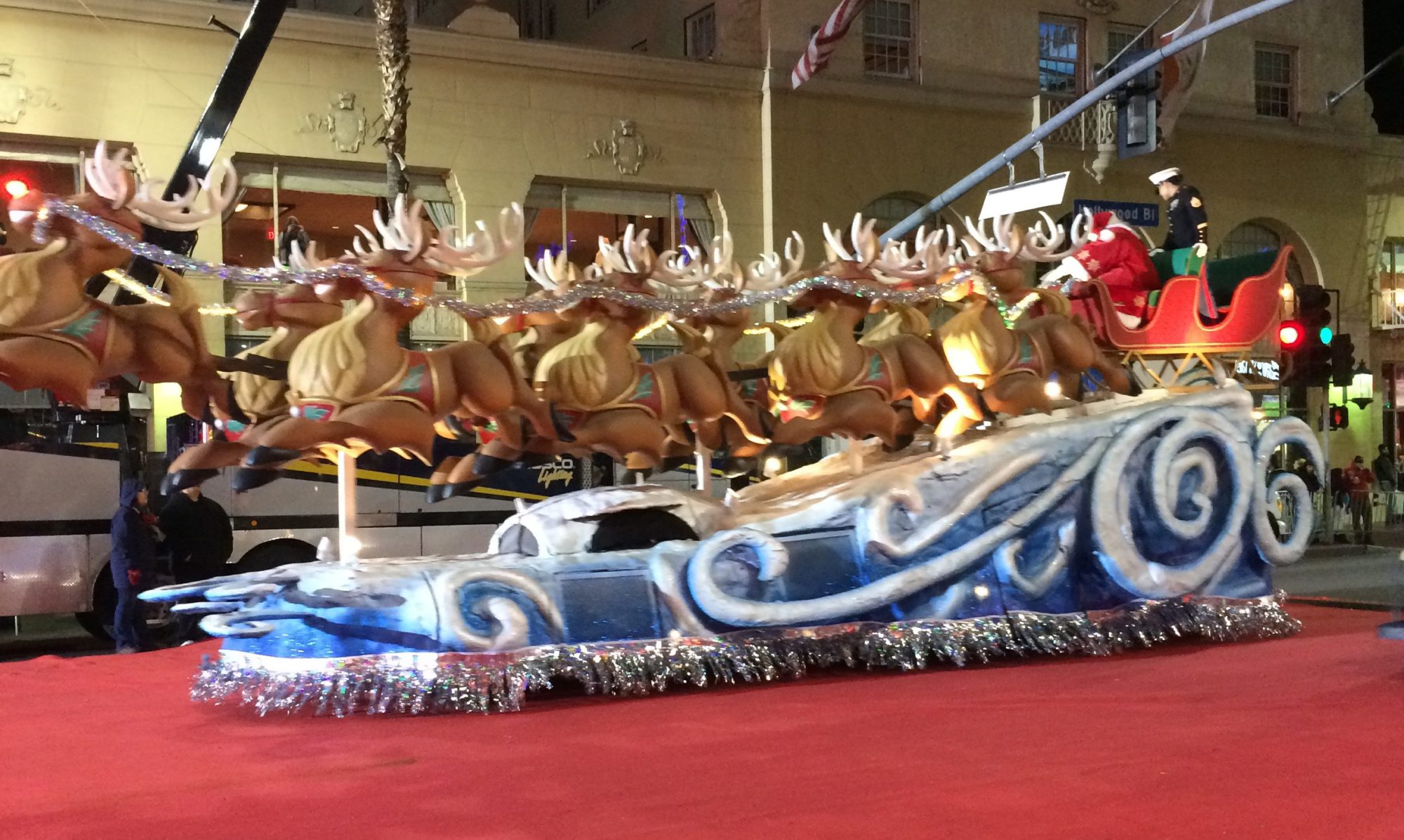

- Photo taken by Julie Moree, trainer walking horse over to introduce patient before beginning hippotherapy treatment.
For over a century, service animals have been helping the disabled community live independent lives. According to the American’s with Disabilities Act (ADA), a service animal is any animal specially trained to perform tasks for people with disabilities. These tasks include, guiding people who are blind, deaf or in a wheel chair. Because the animals are working dogs, states are required to allow people with registered service animals to enter businesses without being discriminated against.
Over the last few months, we’ve reported on how noticeable these animals are to the public and discovered that over all, service animals are not that noticeable and those that do know anything about them, don’t seem to understand what it means to have a service animal.
The most common service animal that we’ve found people are the most familiar with, is the dog, specifically the Guide Dog, however over the last decade other animals such as horses and cats have been used as a form of service animal.
Other groups like Delta Society, Ride On and BARK Dogs strive for serving individuals in the disabled community as well as improving the lives of children through the use of animals.
Delta Society (Pet Partners)

The Delta Society, now known as Pet Partners, started in the mid 1970’s and uses animals as emotional support therapy animals for the elderly in assisted living as well as to visit the sick in hospitals. Individuals like Ralph Steger of Santa Clarita, Calif. take therapy animals to hospitals or convalescent homes as a way of improving the well being of patients through animal assisted therapy. The Delta Society registers animals from any breed of dog, cat, bird, rabbit or miniature horse. The only requirement is to complete a registration packet including a series of tests on both the handler and the animal.
Currently Steger and his dog, Summer visit hospitals like Kaiser Permanente in Panorama City, Calif on a weekly basis. He explains more about the benefits Summer brings to people she encounters as well as for him personally.
Therapy Cats
Rose Ordile, of Santa Clarita, Calif. is another one of the handlers also registered with Delta Society and she explains the difference of using therapy cats in the animal assisted therapy program.
Ride On Therapeutic Riding and Hippotherapy
Other animals that are service animals are horses. In Ride On Therapeutic Riding, therapists use specially trained horses to help children with autism, cerebral palsy, and children who are paralyzed and in a wheelchair.
JoAnn Benjamin, a Ride On therapist for 15 years says, “there is a special bond between the horse and the patient.” She explains below, how hippotherapy as well as therapeutic riding goes hand in hand in helping improve balance and mobility in children with chronic diseases and parents tell how their children have improved through the hippotherapy sessions.

BARK (Beach Animals Reading with Kids)
Within the last five years a fourth type of service animal has emerged in the Southern Calif. area. BARK or Beach Animals Reading with Kids was developed in Long Beach as a way to encourage kids to read without any fear of grammar correction. They have since expanded to the San Fernando Valley where four very unique dogs with their owners visit libraries to let kids read with the dogs.
The dog handlers in Woodland Hills, Calif., explain below how they got started with their dogs in the BARK program and the benefit for them by bringing their dogs to libraries where kids have the opportunity to read to them.
- Photo taken by Julie Moree, A collie named Jessie James lays quietly as children read to him.
Other Service Animals in the Southern California include Guide Dogs of the Palm Desert who have been training and placing Labrador Retrievers, Poodles and German Shepherds with the blind for forty years and the one of the oldest nonprofits, Guide Dogs of America, who have been training and placing dogs since 1948.
The timeline and map shows when all these groups started and where they originated in Southern California.
View Service Animal Nonprofits in California in a larger map
We’ve come along way, as we’ve seen in previous reports and it’s no telling what other animals will be deemed service animals, but according to the ADA, the only two questions to ask when encountering service animals of any types are…
- Is the animal a service animal?
- What tasks is the animal trained to perform?


Well done Julie! I loved the interviews you conducted as well as the activity shown in each video! What a fun, important thing to study and cover so others can become aware of this! Nice work!!
Thanks Laura. I’m glad I could inform.